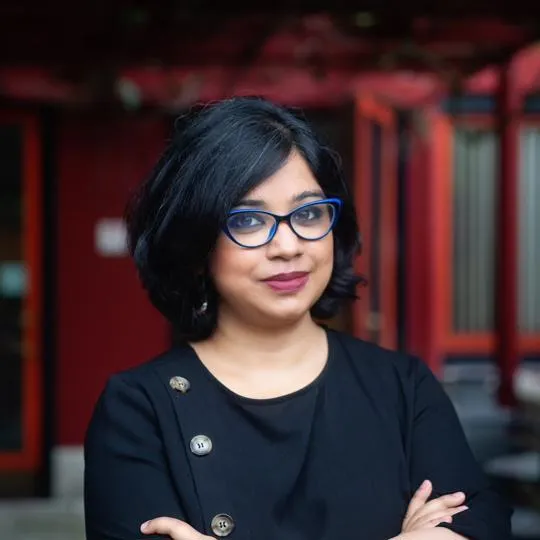Please note: this event has passed
Abstract
Tagore’s University is a history of Visva-Bharati, which translates as the world center of learning and culture was founded by Rabindranath Tagore in 1921. By 1913, Rabindranath, who had gained world-fame as a poet, because he was the first Asian recipient of the Nobel Prize for Literature, had thought long and deep about traditional Indian epistemes which had been destroyed by the colonial system. He was also, given his experience as a zamindar, aware of the plight of the rural poor and the abysmal condition of agriculture and traditional livelihoods. All of these ideas coalesced in his mind when he thought of this world centre which would completely rethink notions of what constitutes learning and knowledge. Thus, Visva-Bharati was conceived of as several semi-autonomous centers – for Asian Studies, the Visual Arts, Music and Performance and Rural Reconstruction. It was meant as a centre for research and production of knowledge and not a typical teaching institution. Conceived during the peak of World War I it was also meant to break barriers between nations and races by rebuilding in miniature the visva or world. Indeed the motto of Visva-Bharati was “where the world makes its home in a single nest.”
The book traces the first four decades of this unique experiment in building a community of learning and scholarship in which agriculture would be at par with culture in its received sense of music and visual arts. It tells the story of exceptional individuals across Europe , Asia, America and India who became Rabindranath’s collaborators in a mini universe of creativity and humane intellection. It reveals why in its hey days Visva-Bharati was so internationally renowned as an extraordinarily attractive institution. In a major tour de force, this book narrates changes in the material life and spirit of the place after Rabindranath passed away, during which it was shaped by the larger forces of the newly independent India. Archives, memoirs, official documents and oral narratives come together in this compellingly written and little known history of an institution that once redefined tradition and modernity.
About the speaker
Swati Ganguly
Swati Ganguly is Professor of English at the Department of English, Visva-Bharati. Her interests include Rabindranath Tagore and his times, European Renaissance, feminist studies, women’s writing, translation studies. She has been invited to several international conferences, special lectures and has published articles on Rabindranath Tagore in international journals and Indian journals of repute. She has co-edited two collection of essays on Rabindranath: Rabindranath Tagore and the Nation (2011) and Towards Tagore (2014).
She is the recipient of the Charles Wallace Translation Fellowship (1996) and The New India Foundation Fellowship (2011).
Her monograph on Tagore’s University: A history of Visva-Bharati (1921-1961) has been published in 2022 from Permanent Black and is part of Ashoka University’s prestigious Hedgehog and Fox series. The book won her the award of the best writer 2022 given by Anandabajar group, a very popular media house in India.
Chair
Priyanka Basu
Dr Priyanka Basu is a Lecturer in Performing Arts at the Department of Culture, Media and Creative Industries. She is the author of ‘The Poet’s Song: “Folk” and its Cultural Politics in South Asia’ (Routledge, 2024) and co-editor of ‘“Performing” Nature: Ecology and the Arts in South Asia. Her research interests include cultural histories of theatre and performance, climate impacts on the arts, and intermediality of print and performance. She is currently the King’s Arts and Humanities Impact Fellow (2025).
Event details
SE 2.10Bush House South East Wing
Strand, London WC2R 1AE

